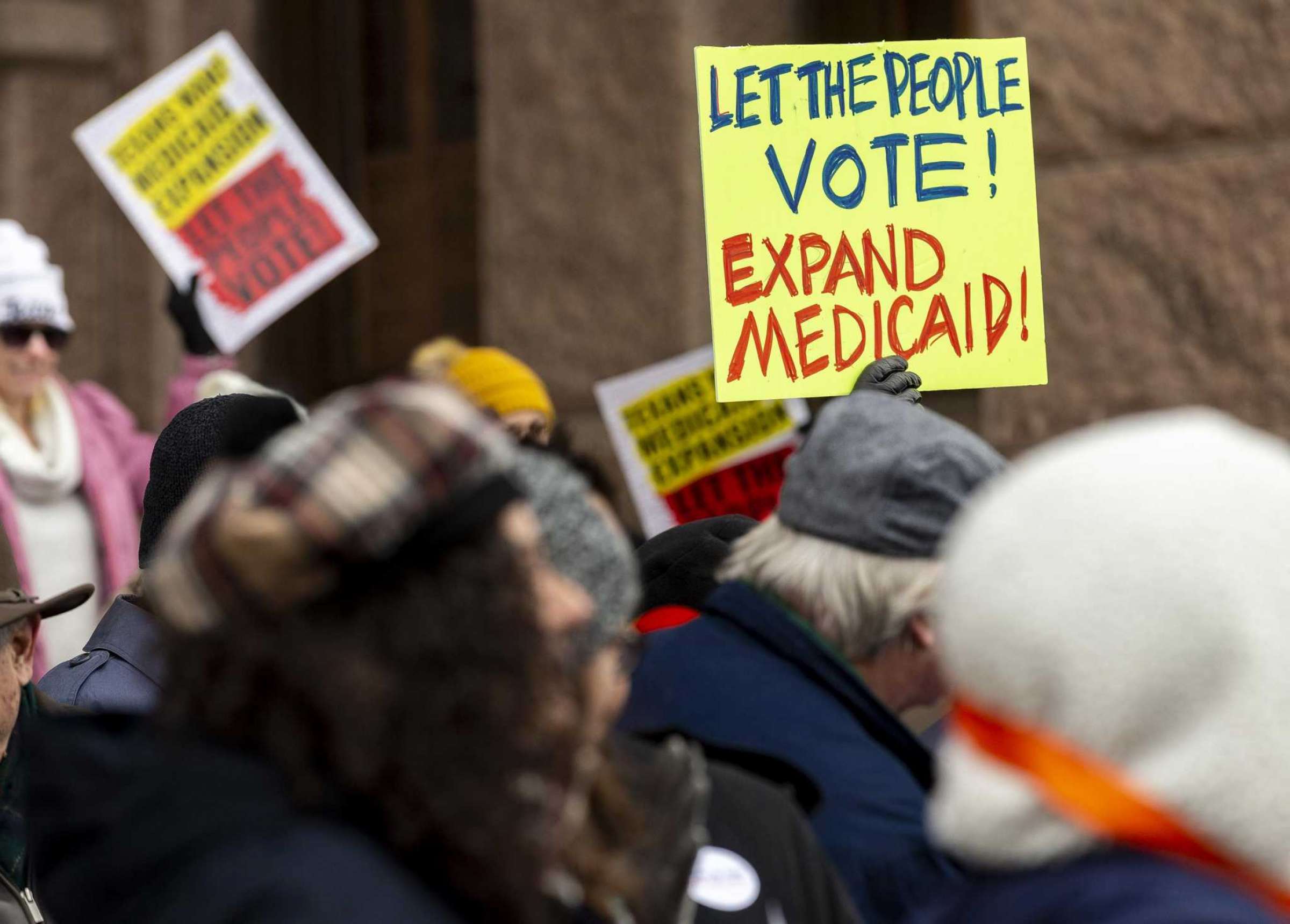This op-ed was originally featured in the San Antonio Express-News.
Confused about Texas Medicaid funding? Understandable. The April decision that Texas must “redo” the process to extend our Medicaid “1115 waiver” funding past 2022 — an extension granted by the Trump administration despite the lack of a required public comment process — is important but not calamitous.
Texas’ waiver agreement, approved by President Barack Obama in 2011, funds reimbursements for hospital care of uninsured Texans and health care innovation projects. Texas Medicaid’s funding complexity is a recipe for confusion, so let’s digest it one bite at a time.
The most important thing to clear up: This federal decision did not end Texas’ 1115 waiver agreement or stop funding.
Texas’ agreement is good through September 2022, with no reduction in the $3.87 billion annual pool for 2021 and 2022 uncompensated care, or UC, payments to hospitals. These payments, which partly offset free care provided by hospitals to the uninsured, will continue to flow while Texas renegotiates.
Second, the extension under President Donald Trump skipped the required public input. In January, the Trump administration approved an extension of the waiver’s Medicaid financing agreement for Texas.
The 11th-hour approval was for 10 years, not the five-year period Texas requested. The public notice and comment process would have included Texans’ comments before the state submitted its proposal and national comments to federal officials before they made a decision. Texas’ Medicaid agency hosted two opportunities to comment but only after the state had submitted its extension request.
This omission deprived Texans of the chance to register support with Gov. Greg Abbott, the Legislature and U.S. officials for federal funds that pay 90 cents on the dollar to cover the working poor. Recent Texas polling shows 69 percent support Medicaid expansion, and a new letter supporting expansion was signed by 188 Texas organizations.
Texas has not lost $100 billion. Some public statements claimed the Trump administration extension was valued at $10 billion a year over a decade, but this is inaccurate. The extension approved less than $5 billion annually: the $3.87 billion UC pool, plus a new, smaller $500 million-per-year Public Health Providers Charity Care Pool designed to help local health departments and mental health authorities pay for care to the uninsured. That pool is the only new funding approved by Trump in January. The $3.87 billion a year for UC was approved in October 2020 and remains in force.
The larger number is related to not-yet-approved payments outside the waiver. Texas Medicaid is hoping to get approval from the Biden administration for new “directed payment programs” to increase Texas Medicaid rates, typically well below what Medicare pays. If approved, they could bring more than $6 billion a year to Texas providers. These payments were not part of the extension request, and the Trump extension approval specifically excluded them. Payment improvements, while welcomed, are for services to current Medicaid enrollees and do not aid Texas’ uninsured.
Was Texas blindsided by the new administration? The Biden administration issued an executive order in January and a letter to Texas in February alerting states that Medicaid officials would review all 1115 waivers. Texas Medicaid was also aware that approval of the $6 billion in new payments would require negotiation with the new administration.
Texas’ decision to deny Medicaid is the real obstruction to health care access and economic security for working-poor adults in Texas. It also denies Texas hospitals the benefits that come from treating fewer uninsured patients. Uncompensated care funding has helped many Texas hospitals survive, but hospitals in the 38 states with Medicaid expansion fare much better.
In 2019, stakeholder comments on winding down health care innovation funding emphasized solutions for the uninsured. Many counties, care providers and advocates are disappointed that Texas Medicaid — directed by Abbott — has not made coverage for the uninsured part of the waiver transition.
Texas has time to renegotiate an extension, this time with a public notice and comment process. Every Texan urges the administration to protect the 2021 and 2022 funding already approved for Texas and Abbott to recognize that providing low-income workers affordable coverage is necessary for equality of opportunity and a chance to climb the economic ladder.
